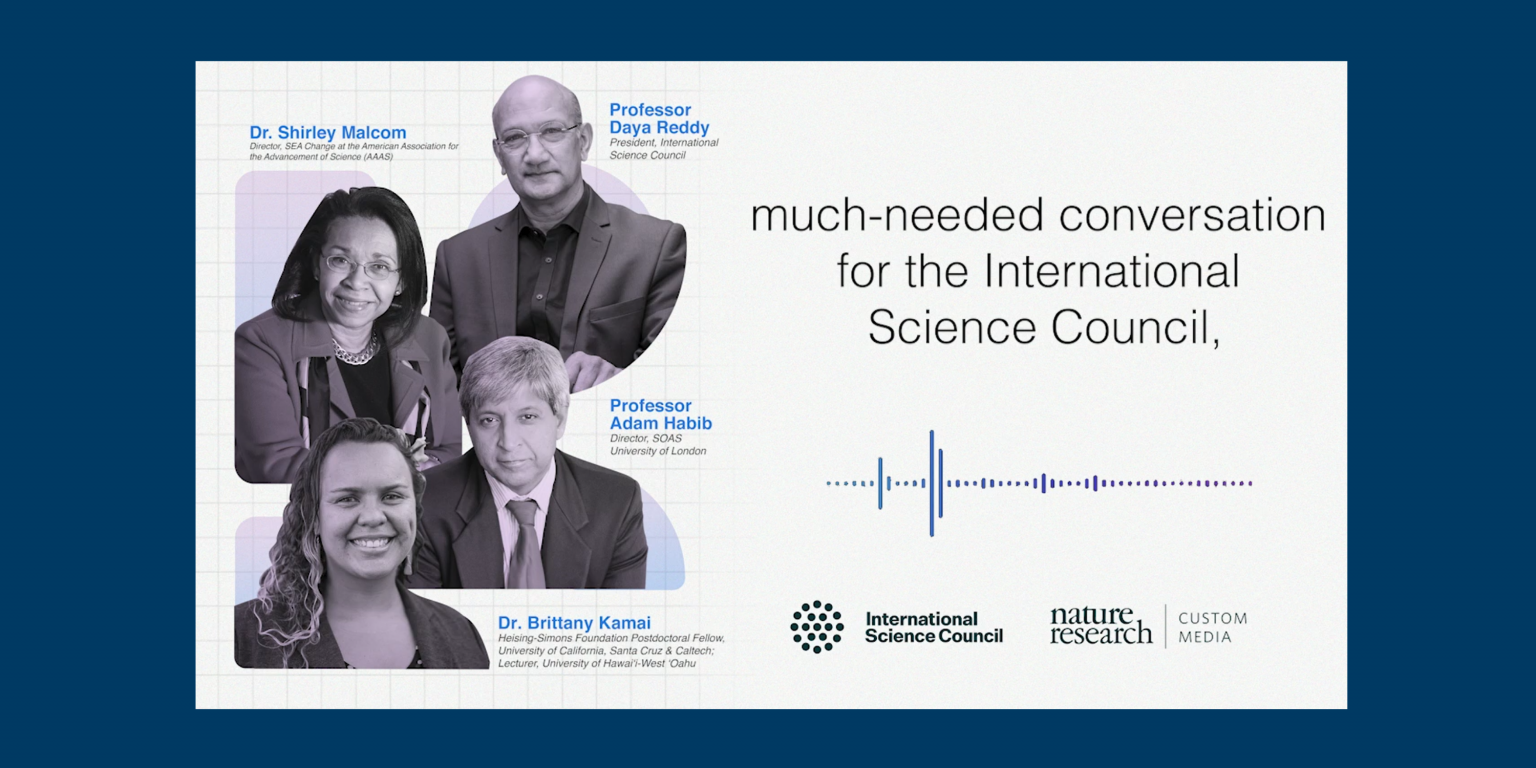The final episode of the ISC-Nature ‘working scientist’ podcast looks at addressing systemic racism in science and science systems. Shirley Malcom and Adam Habib reflect on their long experience of working to tackle racism in higher education, exploring what works and what still needs to change, and Brittany Kamai shares her perspective on what we can all do to contribute to systemic change. Finally, ISC President Daya Reddy shares information on the ISC’s ongoing work on combating systemic racism and other forms of discrimination.
Listen to the podcast and find the full transcript below, together with a statement about publication of this episode.
Transcript
Shirley Malcom: I think that the whole reckoning on race woke a lot of people up. And it helped people understand: there’s different rules for different people. That likely is the case in science, not just in the larger society.
Daya: This series of podcasts has been an important start of a much-needed conversation for the International Science Council, one that will drive us towards action in addressing the persistent systemic issues of racism, and of lack of diversity in science. At the beginning of this series, we said that it was time to step up to address these systemic issues. We said that transformation requires an openness to having difficult conversations and a healthy degree of critical self-reflection on the part of international organizations like ours. During this series, we have had to put this into practice, as we navigated some critical issues that were raised by students, by early-career scientists, and also by representatives from the ISC’s own committees, such as our Committee for Freedom and Responsibility in Science. Combating systemic racism in science is a process that requires continual reexamination of what it means to be anti-racist, not only as an individual, but what taking an anti-racist stance means, for individuals and also for science organizations that are working to uphold the right of everyone to participate freely in and to benefit from science. In broadcasting this series, the ISC wants to honour that continual reexamination, and honour also the voices, and the science, of the interviewees who participated.
Marnie: Welcome to this podcast series from the International Science Council. That was Daya Reddy, President of the ISC, and Chair of the Council’s Committee for Freedom and Responsibility in Science.
Marnie: I’m Marnie Chesterton and in this final episode, we’re focusing on addressing systemic racism in science and science systems. We’ll be hearing from people who’ve spent their careers working to transform research institutions, and from an early-career scientist, about her science and her call to action.
Adam: The inclusion project has to be reinvented. And I do think we are in a historical moment where science, science collaboration and higher education has to be completely reinvented.
Brittany: Systemic change happens with each of us as individuals, in the way that we interact, communicate, think, the way we invite people, the rooms that we show up into.
Shirley: this isn’t about doing just doing the right thing, even though it is about doing the right thing. It is also about doing things right, doing the science in a way that is open and responsive to many voices, and many visions.
Marnie: This is Shirley Malcom, Director of Sea Change at The American Association for the Advancement of Science, or AAAS, which is one of the ISC’s partners, working on combating systemic discrimination in science.
Shirley: I was born and raised in Birmingham, Alabama. And if I have been at AAAS for 40 years, you know that I am old. And so for a Black woman to go into science back in the 60s and 70s – that was highly unusual. I didn’t see other Black men or women in my classes, or in my seminars or at professional meetings. We looked to try to undertake a lot of different intervention programmes. But it wasn’t the kind of impact that was needed in order to really make the science and engineering community truly representative of the larger society. The problem was not going to be addressed by trying to fix the individuals who were going into science or that we were trying to attract into science, because there was nothing really wrong with the individuals, there were things that were wrong with the systems that we asked them to enter.
Marnie: This is how Sea Change, the AAAS initiative led by Shirley was born.
Shirley: We needed to make huge adjustment, huge changes, huge transformations within colleges and universities, so that they were welcoming of diverse populations, as opposed to erecting barriers.
Shirley: I think one of the things that I find really disappointing is that many of the barriers that I faced when I started in my education within the sciences, they’re still there. And I hear this from many young people. They may be the only, or one of the few of the persons of colour or women within their classes. They talk about being discouraged or maybe having people actively say something about whether or not they’re in the right place. The fact that they can be confronted by campus police who wonder why they’re in the building at night when they obviously got in there with the key that they have. In some places in some institutions, it’s better, but in other cases, they are confronting the same kinds of issues that have been there for decades.
Here in the US, for example, women are 57% of participants in higher education. And if you add all women, including women of colour, and men of colour to that what you end up with is like about two thirds of those who are in higher education. What does it mean, to have intervention programmes for the majority? What does it mean, if most students are not being served by the existing structures? To me, it means that we’ve got to reimagine what those structures are going to be.
Marnie: This kind of reimagining calls for systemic change. To find out more about what kind of action can be effective, it’s useful to look closely at some of the research systems – and societies – that have seen profound changes in the past three decades.
Adam: If you’re looking in the cycle between 1990 and 2020, I think that there is no higher education system that has undergone a more dramatic transformation than the South African one. I lived through the transformation of these institutions, in various guises, as a student, as an academic, as an administrator, and then as a, Vice-Chancellor.
Marnie: That’s Adam Habib, Director of the School of Oriental and African Studies, or SOAS, at the University of London. In this interview, Adam shares his experience at the University of Kwa-Zulu Natal and as Vice-Chancellor of the University of Witwatersrand in Johannesburg.
Adam: When I walked into the University of Kwa-Zulu, of Natal, in Pietermaritzburg, in 1985. And then Wits University, in 1987/88, what you effectively had was an institution that had about 20%, 25% Black students. In 2020, Wits university had about 80% Black students. There has been a fundamental shift in the university system, and that’s true of most universities in the country. And as we’re thinking through the, the diversification of the scientific community, the non-racialization of the scientific community, I think learning the lessons of South Africa, could be – it has positive lessons, but also negative lessons. This is not the result of clever Vice-Chancellors or higher education executives. It is an outcome of pressures, both societal and institutional. Remember that our institutional transformations occurred in a context of societal transformation, the demise of apartheid, the emergence of a democratic South Africa.
Marnie: While Adam says that those early attempts were successful in terms of transforming the student community, the professorship, for example, remained largely White and male. So, a second generation of reforms was rolled out.
Adam Habib: What we did this time is we found that the following individuals who were scheduled to retire in the coming two to three years. And then what we did is we made an appointment against that retirement. And so the appointment was more sustainable if you like.
Adam: The second thing that we were able to do is target academics in the system, young academics who had been appointed in earlier years. What had happened is they got all of the teaching loads, all of the administrative loads. And as a result, they never progressed up the hierarchy. And we were very cognizant that you couldn’t simply promote them if they didn’t meet the qualifications, because that would weaken the Academy. And so the question was how to create the conditions, the life circumstances so that they could develop their skill sets.
Marnie: They custom-made solutions for individual academics in order to develop their careers further, from funding for postgrad students, to travel grants or additional support for childcare.
Adam Habib: within two or three years, these people started applying for promotions and succeeding in the promotional applications. And so what you had is two sets of things: Firstly, a new generation of new academics emerging from diversified communities. But the second, helping those who were already in the system to achieve promotions.
Marnie: Other kinds of initiatives were directed at students, like scholarships targeting schools in marginalized communities. It also meant looking at things like the class, rather than just the race, of potential students.
Adam: Because even though Black students came in, these Black students came in from the most privileged of circumstances, many of them came from private schools. And so there wasn’t an equal playing field, even within the disadvantaged racial communities. And so we brought in really talented students from rural schools and from impoverished urban schools. The diversification wasn’t done only on racial terms, but also in class terms, which I think is something that one needs to take into consideration, and so we need more far more nuanced approaches to understanding and effecting diversification.
Marnie: For Adam, the process of diversification is continuously evolving. On June 10th 2020, many academics and scientists around the world stopped work for ‘Shutdown STEM’ in support of the Black Lives Matter movement. We speak to one of its co-founders.
Brittany: I am Dr. Brittany Kamai, I am an astrophysicist. I am based in Los Angeles, and I have a joint appointment between University of California, Santa Cruz and the California Institute of Technology. And I also am an instructor at the University of Hawaiʻi-West ʻOahu.
Brittany: And so I work on a field of research called metamaterials, to try to design new techniques that would improve our detectors, and the detectors that I work on are gravitational wave detectors that can give us new signals in the universe. If we want to build all these sensors, and we want to have a deep understanding, we need to work together.
Marnie: Understanding signals from the cosmos requires knowledge from a lot of different minds.
Brittany: On my path through astrophysics, what’s given me a lens is, is to see how we actually create the knowledge, right? It starts when we’re in conversation with one another: you ask questions, and you wonder about something and you read a bunch of things, and you start writing. What you start to see is the connection between the way that we think and what we say and what ends up into a research paper. And then what ends up into a textbook. That imprint influences the way that anyone who reads that textbook thinks about the topic, right? And so I think that that is a powerful thing that we as scientists really need to take more ownership over, in terms of really evaluating our own consciousness and how that’s getting imprinted into what we write, what we say, and how that impacts society as a whole.
Marnie: The science community cannot ignore its impact on society as a whole, including when it comes to its record on diversity.
Brittany: I don’t want to perpetuate an idea that diversity equals one subset of a group, right. When we say diversity, we have to really evaluate, what does diverse representation look like, and what different axes are going to be able to be in different spaces. And so when we talk about diversity, we really have to have a diverse conversation, right? It’s that like, if you bring in a person of colour, then they should not have to talk and educate the entire group about what racism is.
Brittany: Systemic change starts with us – like talking to the people you’re closely interacting with. And we have to hold space for the emotional work that goes into this kind of growth, right, to talk to a person of colour, and ask them: What is it like, you know, when your, like, race interacts with science? Like, that’s a heavy question, because oftentimes, we’ll have to relive our traumatic experiences in front of someone who’s not even equipped to hold that, right. So I think, like, that’s where, if you go to parties outside of the group that you’re working with, listen to that group, and then slowly evolve it into your space. Really, like it is all of us and we have influence. And I think that what was powerful with Shutdown STEM is that it’s a combination between us as individuals, and then your local environment while also being connected with the rest of the globe.
Marnie: From the small to the large scale, as we seek to make more diverse spaces of science, we need continuous evaluation of ourselves and our institutions.
Brittany: Each of us need to say: I am going to commit to learning about how to be an active ally to a specific group of people. And in order to be an active ally, you need to start by listening. And so listening happens in many different forms, like we are, luckily, in a space where we have so many people on social media who are sharing their stories. And so you can start to hear like what is happening, and how people are being impacted. And then you can translate that into evaluating what is it that you’re doing that could be something like that.
Adam: We continuously define, redefine what it means to be diverse, those definitions of diversity and anti-racism, and transformation and anti-discriminatory, cosmopolitan, if you like, what it means to be cosmopolitan continuously changes over generations, as it should, because it’s a never-ending process of inclusion. That’s what the universities bring to the fore. That’s what the scientific community should be about, is about enabling a never-ending process of human inclusion.
Shirley: What gives me hope, what keeps me going, what keeps me in this business, this transformation business, is watching young people begin to raise these same questions of where is everybody? Why aren’t things equitable? What does it mean to be fair? Does science in fact have a race problem, a racism problem? And what can we do to remove it?
Shirley: Once we tear down the barriers to even asking these questions, we can’t unsee the challenges. We need to then respond to them.
Marnie: Let’s go back to Daya Reddy, President of the International Science Council, to talk about the project launched in 2020 on combating systemic discrimination in science.
Daya: The global science community needs to reckon with the stark reality of injustice. Silence and inaction simply sustain discriminatory practices.
Marnie: The project convenes many of the ISC’s global partners to gather knowledge and to agree on concrete steps aimed at correcting systemic discrimination and racism in science.
Daya: We’ve called upon all our members and a number of international partners to join us to take urgent action in various ways, to gather and share knowledge on discrimination in science, and to take concrete steps to correct discriminatory practices and to make science more inclusive. This will take action across a range of units and institutions, from Vice-Chancellors’ offices to research funding agencies, Academies of Science, international science organizations, publishers, research teams, right through to labs and individual researchers. At the International Science Council our strength comes from the breadth and the diversity of our Members and networks, by working together, we are seeking to examine what really works to promote diversity in the science system and to implement the necessary change. This is not a one-off activity. There will not be a time – not in the near future anyway – at which you could say, well, the job is done. Change is hard and takes time. And it has to be pursued by each new generation of scientists.
Marnie: To find out more about the International Science Council, its Members, partners, and ongoing projects, and resources related to the issues raised in this series, see the website at www.council.science. As the global voice for science, the ISC invites you to join the ongoing conversation on diversifying science.
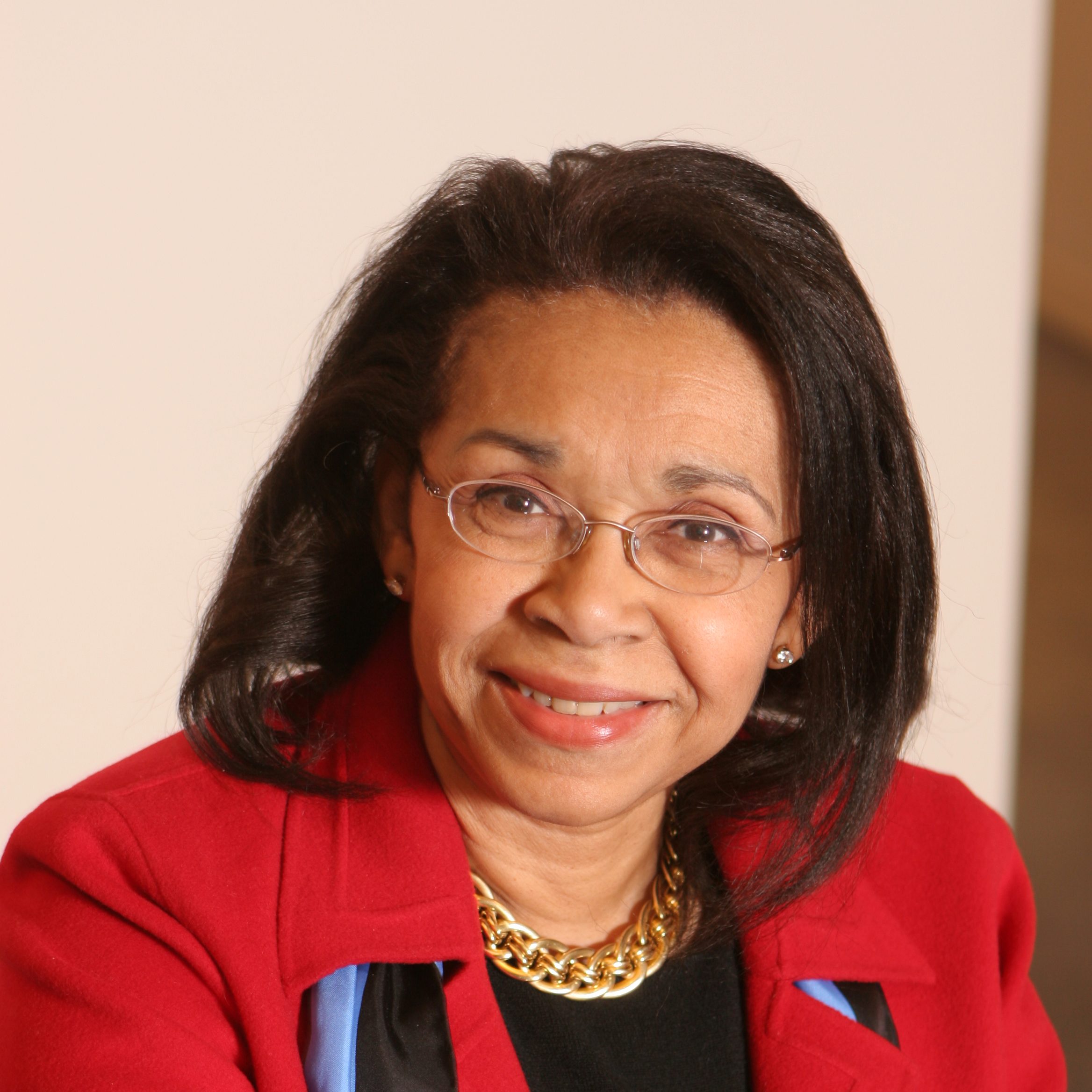
Shirley Malcom
Shirley Malcom is head of Education and Human Resources Programs at AAAS. She works to improve the quality and increase access to education and careers in STEM fields as well as to enhance public science literacy. Dr. Malcom is a trustee of Caltech and a regent of Morgan State University, and a member of the Advisory Board of the SUNY Research Council. She is a former member of the National Science Board, the policymaking body of the National Science Foundation, and served on President Clinton’s Committee of Advisors on Science and Technology. Malcom, a native of Birmingham, Alabama, received her PhD in ecology from The Pennsylvania State University, masters in zoology from UCLA and bachelor’s with distinction in zoology from the University of Washington. She holds 16 honorary degrees.
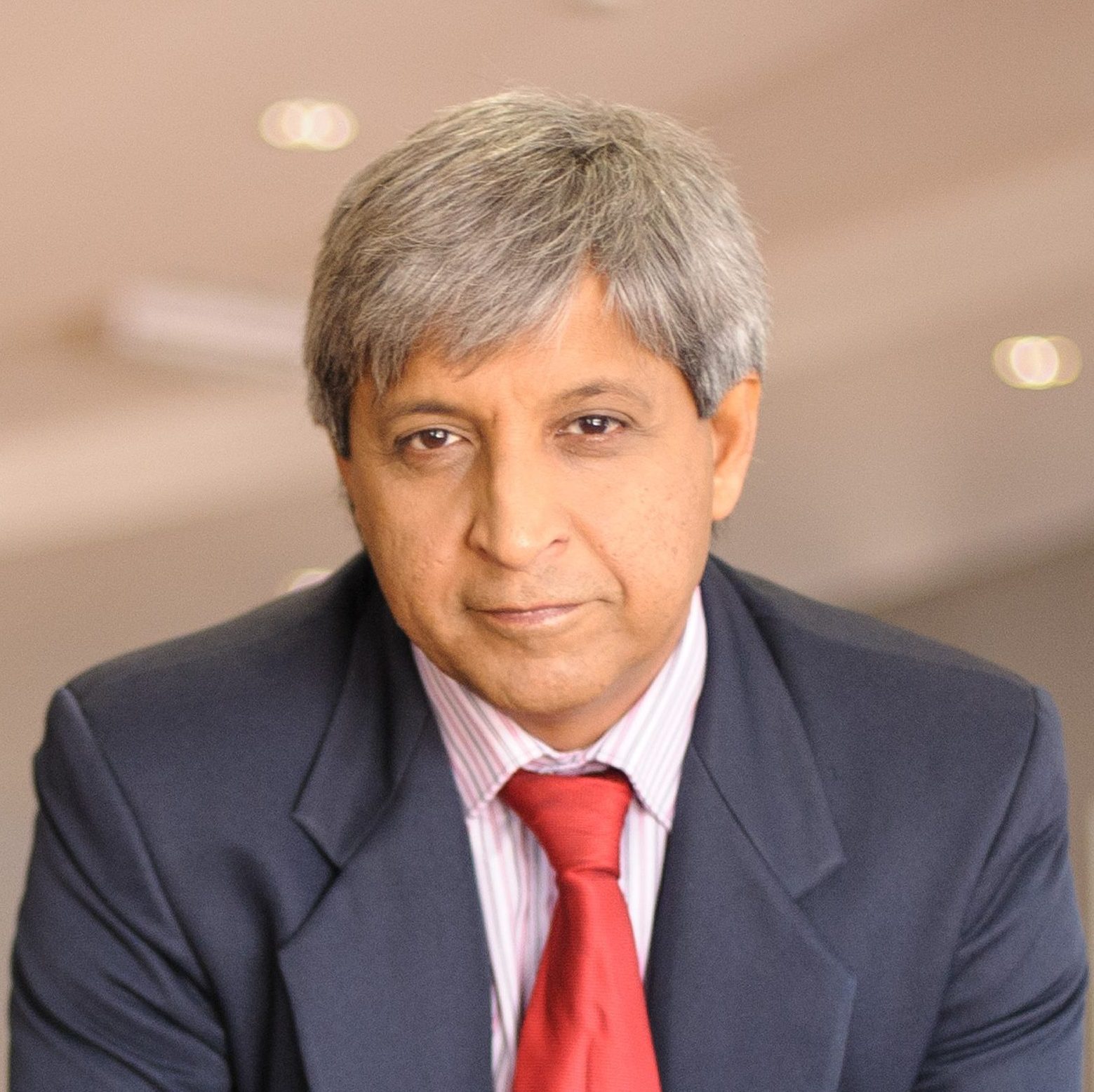
Adam Habib
Adam Habib is an academic, researcher, activist, administrator, and public intellectual. A Professor of Political Science, Habib has over 30 years of academic, research and administration expertise, spanning five universities and multiple local and international institutions. He is currently Director of the School of Oriental and African Studies (SOAS) in London. He is a former Vice-Chancellor and Principal of the University of the Witwatersrand (Wits), South Africa, and former Chair of Universities South Africa, which represents vice-chancellors and higher education in the country. He has also focussed on building African research excellence, and together with the University of Cape Town, Wits initiated the African Research Universities Alliance (ARUA).
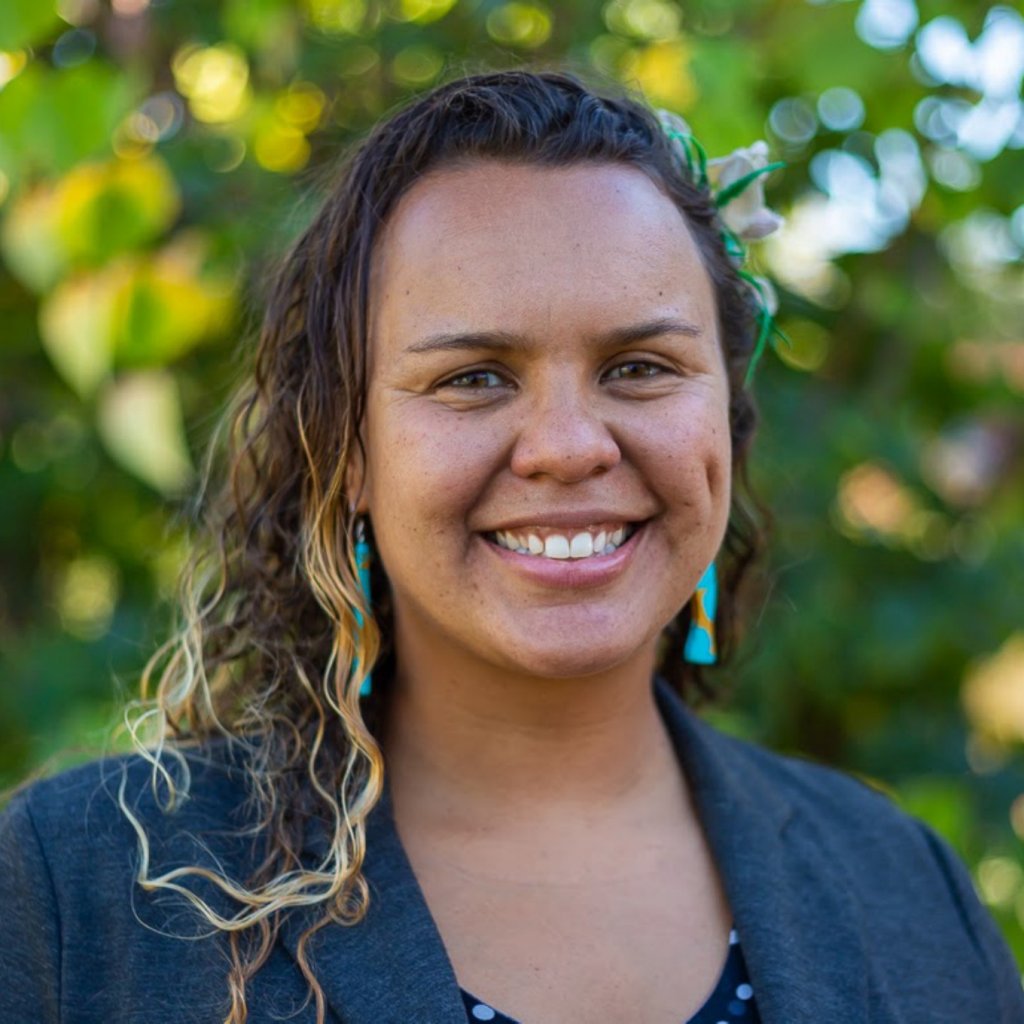
Brittany Kamai
Brittany Kamai is an experimental astrophysicist focused on exploring the whole universe, caring for the Pacific Ocean and Earth, and respecting one another. Dr Kamai’s astrophysics research is in the areas of gravitational wave instrumentation, cosmology, and metamaterials. She is a Heising-Simons Foundation Postdoctoral Fellow with a joint appointment between University of California, Santa Cruz and Caltech. In Spring 2021, Dr Kamai is a lecturer at the University of Hawaiʻi-West ʻOahu.
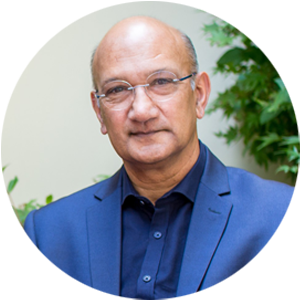
Daya Reddy
Daya Reddy is President of the ISC.
International Science Council statement on episode 6 of ‘Science Diversified’
On 14 May 2021 the International Science Council published the sixth and final episode of its mini-series of podcasts on diversity in science. This episode of the podcast focuses on addressing systemic racism in science and science systems, and features interviews with Shirley Malcom, Director, SEA Change at the American Association for the Advancement of Science (AAAS); Brittany Kamai, Heising-Simons Foundation Postdoctoral Fellow, University of California, Santa Cruz & Caltech; Lecturer, University of Hawaiʻi-West ʻOahu; Adam Habib, Director, SOAS University of London, and Daya Reddy, President of the International Science Council. The interviews with Shirley, Brittany and Adam were recorded in January 2021.
In March 2021 the ISC decided to delay publication of this podcast in the light of developments following an online exchange between Adam Habib and SOAS students during a discussion on anti-Black racism at the institution.
The ISC considers that tackling racism in research institutions is an extremely serious issue and has noted the concerns raised by student and staff unions and other members of the SOAS community. The Council recognizes that the events at SOAS have caused pain, as well as discomfort about who is given a platform to speak about addressing racism in different settings.
Given this, the ISC took time to consider the content of the podcast in discussion with the interviewees, with members of the ISC Committee for Freedom and Responsibility in Science, with the oversight team for podcasts, and with staff at the ISC and at Nature.
Through dialogue with everyone involved in the podcast episode, and notwithstanding dissenting views from some, the Council’s leadership agreed that the podcast should feature all interviewees. The Council, like those featured in the episode, felt Professor Habib’s experiences of reform in South Africa were an important contribution to the debate.
The ISC is committed to the free and responsible practice of science as a fundamental need for scientific advancement and human well-being. This requires freedom of expression and communication, as well as responsibility at all levels to communicate with integrity, respect, fairness, trustworthiness, and transparency. In reaching this decision, the ISC has sought to protect the integrity of all the individuals and organizations linked to the podcast.
The series, and this episode in particular, is an important part of the ISC’s work on freedom of expression and responsibility in science and we will return to these issues in future podcasts. This series has also strengthened the Council’s understanding of how to tackle the systemic discrimination that continues to exist within science systems.
If you have been affected by the issues raised in this episode, and wish to find out more about the ISC’s work on tackling systemic racism in science, please contact secretariat@council.science. It is the ISC’s hope that the topics covered in these podcasts contribute to making the positive changes we need in our science systems that reflect, celebrate, and empower all scientists in order to reach their full potential, and ultimately, contribute to the vision of the Council as science as a global public good.
The ISC initiated this podcast series to further deepen discussions on broadening inclusion and access in scientific workplaces and science organizations, as part of our commitment to making science equitable and inclusive. The series highlights work being undertaken through different ISC programmes, projects and networks, and particularly ongoing initiatives on Combating systemic racism and other forms of discrimination, and on Gender equality in science. Catch up on all the episodes here.
